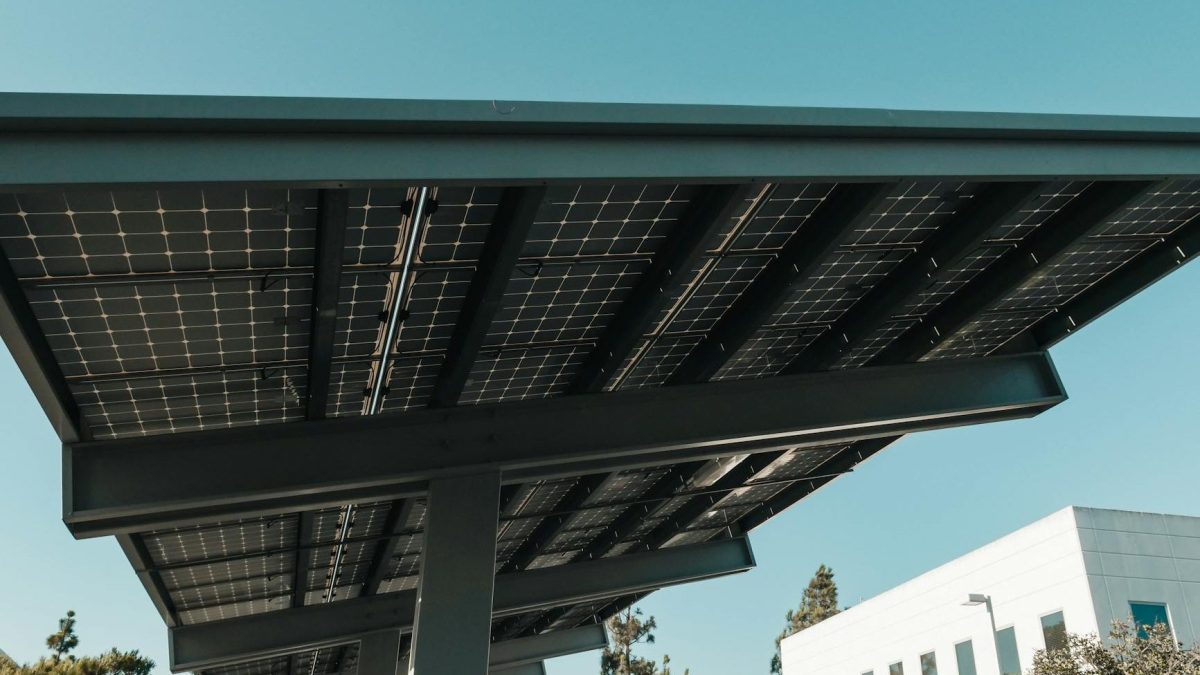Telefónica’s first deployments for its base stations or mobile sites in off-grid environments, where a direct connection to the electrical grid is not possible, relied on generators powered by fossil fuels, generating a considerable carbon footprint.
More than a decade ago, the first hybrid solutions began to be implemented, integrating solar systems and battery banks with the existing generators. This solution reduced the use of fossil fuel generators by up to 70%, representing a first step towards greater sustainability.
True to our innovative spirit and environmental commitment, in 2023, we managed to develop a technical solution that completely eliminates the use of fossil fuel generators. This new solution, based on hydrogen fuel cells powered by methanol, combined with solar systems and battery banks, has made 100% sustainable and reliable deployments possible for off-grid base radio stations.
The first pilot with this new technology was successfully implemented at a Telefónica mobile communications station in Kirtorf, Germany. With this innovation, Telefónica reinforces its leadership in the transition to clean energy and its commitment to a more sustainable future.
The innovative green energy solution not only combines solar energy, battery banks, and hydrogen fuel cells powered by methanol but also includes an intelligent controller that, through advanced software, automatically manages the combination of the different energy sources. This system guarantees 100% availability even in areas where the conventional electrical grid is unstable or non-existent.
In the solution implemented in Germany, hydrogen is produced on-site within the module itself, using methanol as a hydrogen carrier. This eliminates the risks associated with hydrogen storage and transportation, making it a safer option compared to conventional hydrogen fuel cells.
The following graph summarizes the performance of this technology, highlighting the energy generated by each source:
In addition, it is important to note that a logic was developed and implemented in the hybrid system controller to extend the life of the fuel cell and reduce methanol consumption.
First, solar energy usage is optimized, allowing the solar source to work in conjunction with the fuel cell at times when solar energy is insufficient to power the entire site. Then, configurable markers are incorporated that stop the fuel cell when the batteries reach predetermined charge levels to optimize the use of the hydrogen fuel cell.
With the experience gained in Germany, we are beginning the implementation of a new proof of concept in Spain. Improved results are expected as a detailed and specific sizing is carried out according to the load conditions of each site, and factors such as weather conditions are key to properly adjusting the solar system and battery bank autonomy.
In summary, the implementation of hybrid solutions based on hydrogen fuel cells powered by methanol has proven to be a reliable, sustainable, and emission-free solution for power supply in off-grid sites. This technology not only reduces environmental impact but also ensures constant energy availability, even in the most remote and difficult to access areas.
